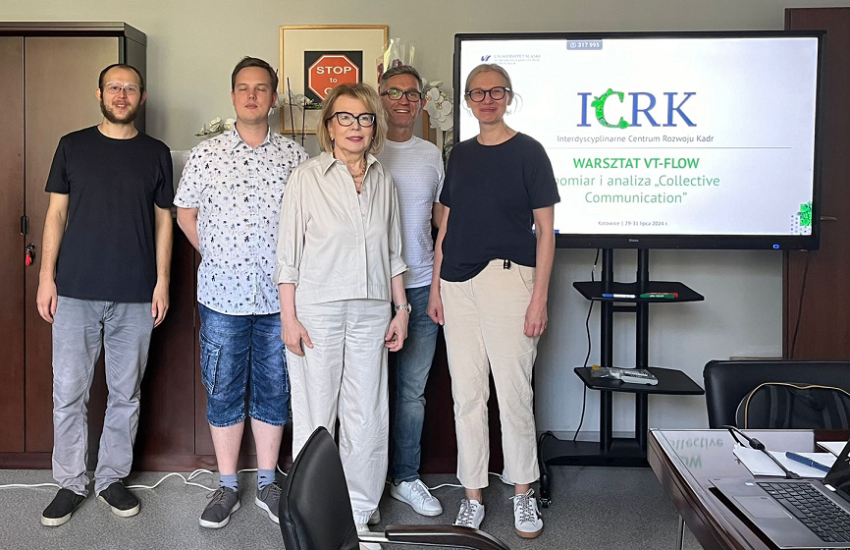In just a few days we will once again participate in the conference of the series “Contemporary Challenges of Project and Process Management”, organized every two years by the Department of Management Processes at the Cracow University of Economics. As every year, the conference will be held in Zakopane and will last from September 19 to 21, 2024. This year, the main objectives of the conference are to celebrate the scientific achievements of Prof. UEK Prof. Czesław Mesjasz, as well as to exchange knowledge and practical experience, present the results of scientific research, integrate the scientific community with the business
...............









